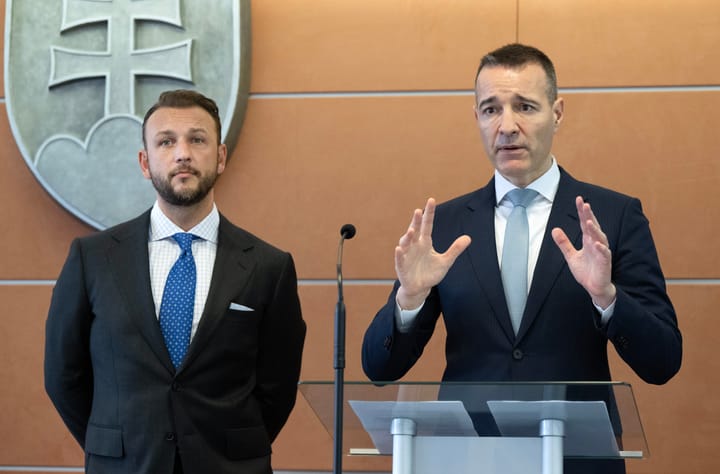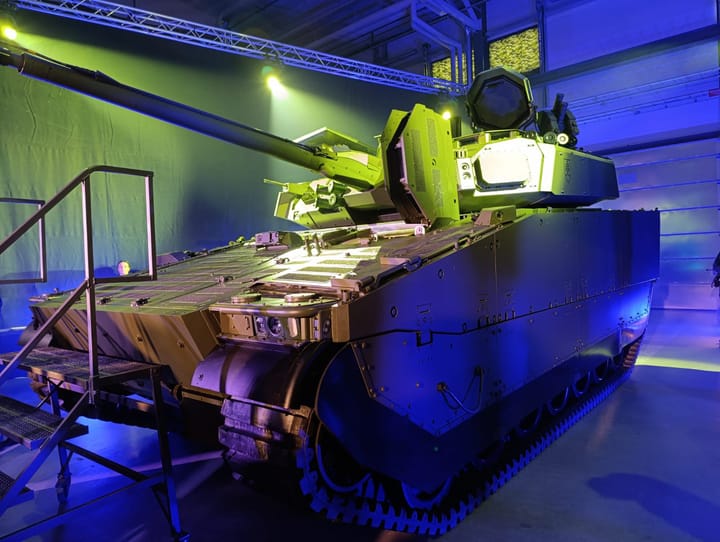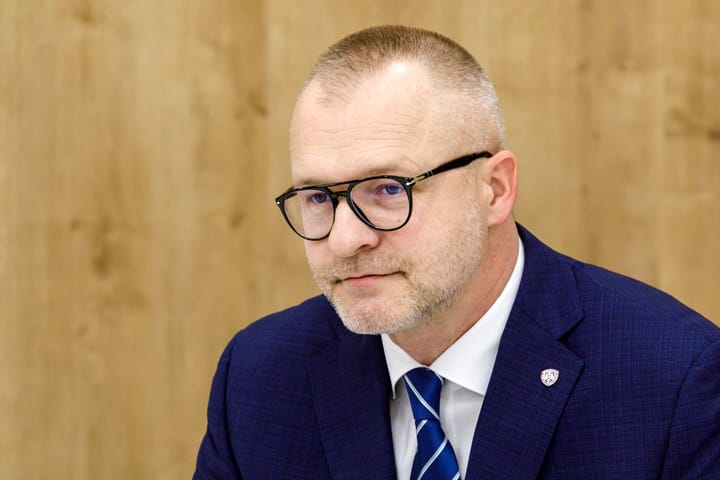SNP80: Caplovic: SNP Means a Lot for Modern Statehood and Democracy

Bratislava, August 13 (TASR) - The Slovak National Uprising (SNP) means a lot for the modern Slovak statehood and democracy, because Slovakia joined the side of the victorious powers with this armed uprising, Military History Institute (VHU) director Miloslav Caplovic said on TASR TV on the occasion of the upcoming 80th anniversary of this event.
Caplovic added that on a European scale it was the second largest military performance in the rear of the adversary. "It cannot be compared to the Paris or Warsaw uprisings. It can be compared to Yugoslavia, where there was a massive uprising under the leadership of Josip Broz Tito," he said.
According to him, the uprising had been planned for a long time, but it had to start prematurely, in response to the entry of German troops into Slovakia. "The idea was that in eastern Slovakia we had the two best-equipped divisions under General Malar, which were supposed to open the passes to the Red Army," stated the VHU head.
But these divisions were eventually disarmed by the Germans in a swift action before the Red Army got close enough and didn't get involved in the SNP at all.
Despite this, Caplovic said, thanks to two mobilisation waves, almost 60,000 soldiers and around 12,000 partisans were mobilised. German troops, however, had a significant superiority in weapons and equipment, he said. "We say that the insurgent army had around a hundred tanks at its disposal, but only about 45 of them were operational," he noted.
Caplovic added that the Slovaks managed to resist a stronger enemy for two months and bind his fighting forces to themselves. By the end of October, the insurgency had suffered a military defeat, but did not surrender, as its commander, General Rudolf Viest, ordered a switch to partisan warfare. "Many troops succeeded," noted Caplovic. However, Generals Viest and Golian fell into German captivity and their fate was tragic. "In early 1945, they were taken to the Flossenburg concentration camp, where their traces ended," he said.
According to Caplovic, the communist regime persecuted many participants in the uprising and their relatives after the war, including the family of General Jan Golian.



